Salt reduction initiatives in Africa: A systematic review

Published in the Journal of Clinical Hypertension, Tekle et al conducted a systematic review to document salt consumption patterns, the implementation status and potential impact of salt reduction initiatives in Africa. From 38 studies included, the review found that the mean estimated salt intake in African adults ranged from 6.8 g/day to 11.3 g/day. Salt […]
Major food companies contribute more than 50% of household dietary sodium purchases in Australia
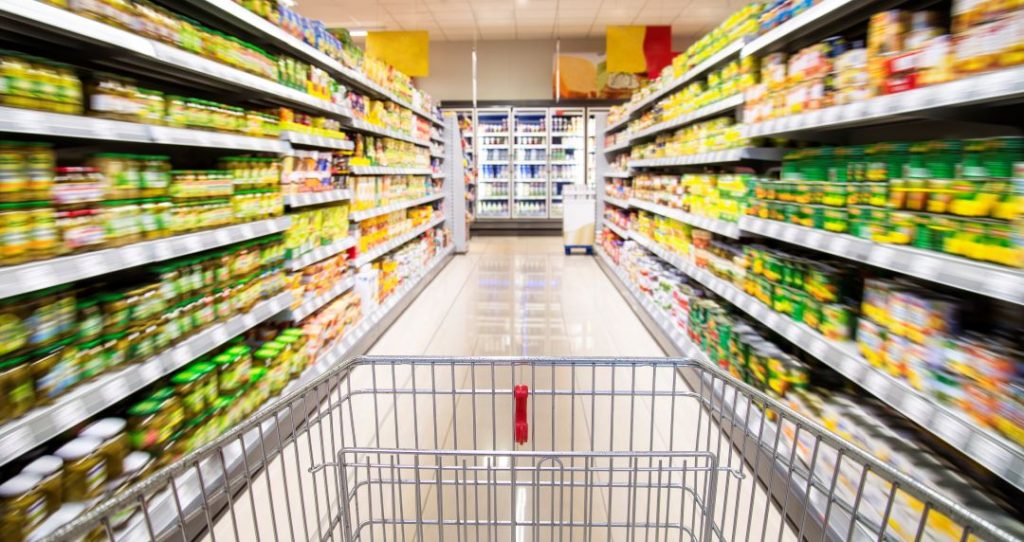
Published in the International Journal of Behavioral Nutrition and Physical Activity, Coyle et al conducted a cross-sectional study to identify the relative contribution that food companies and their products made to Australian household sodium purchases in 2018, and to examine differences in sodium purchases by household income level. One year of grocery purchase data from […]
Scaling-up and evaluating salt reduction policies and programs in Latin American countries
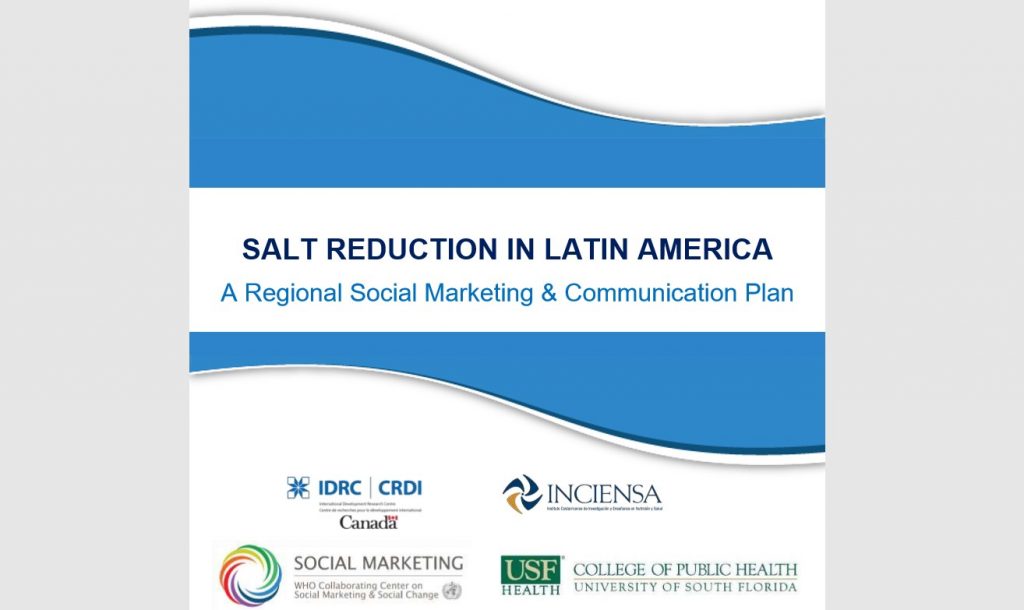
In May 2020, the final technical reports of the International Development Research Centre (IDRC) project, “Scaling-up and evaluating policies and programs in salt reduction in LA countries,” were published. The reports and most outputs can be found in the IDRC Digital Library. Some key report include: Regional policy Brief, “The Challenge of Reducing Dietary Salt […]
Protected: Raising Public Awareness in the Pacific Islands

There is no excerpt because this is a protected post.
Assessing the Healthy Food Partnership’s Nutrient Reformulation Targets in Australia

Published in Nutrients, Rosewarne et al conducted a comparison study to assess whether the Healthy Food Partnership’s (HFP) proposed reformulation targets for 36 food categories, aiming to improve the overall quality of the food supply, were feasible and appropriate or whether more stringent targets were feasible. Using FoodSwitch as the nutrient composition database, a total […]
Progress on Sodium Reduction in South Korea
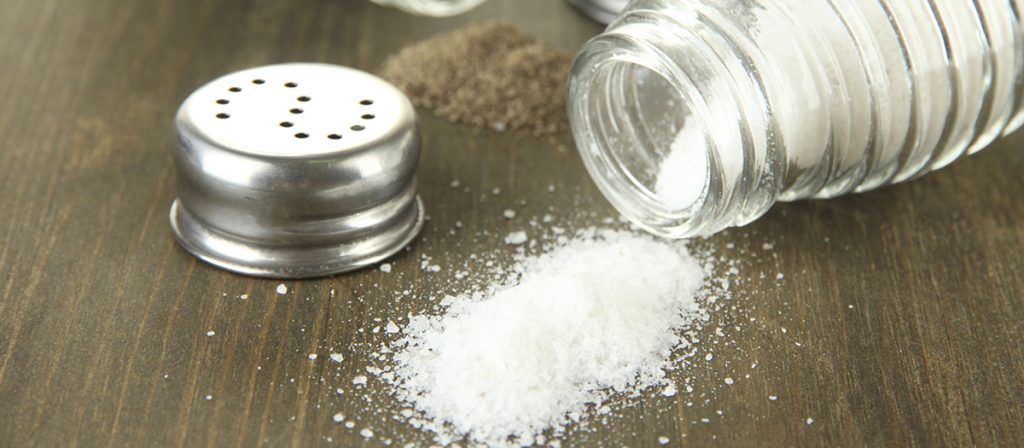
A study recently published by Hye-Kyung Park et al has reviewed sodium reduction progress in South Korea. A National Plan to Reduce Sodium Intake was implemented in South Korea in 2012, this plan has the aim of reducing population sodium intake by 20% by 2020 (3,900 mg/d) by a range of intervention activities including; consumer […]
High sodium intake and low potassium intake in China
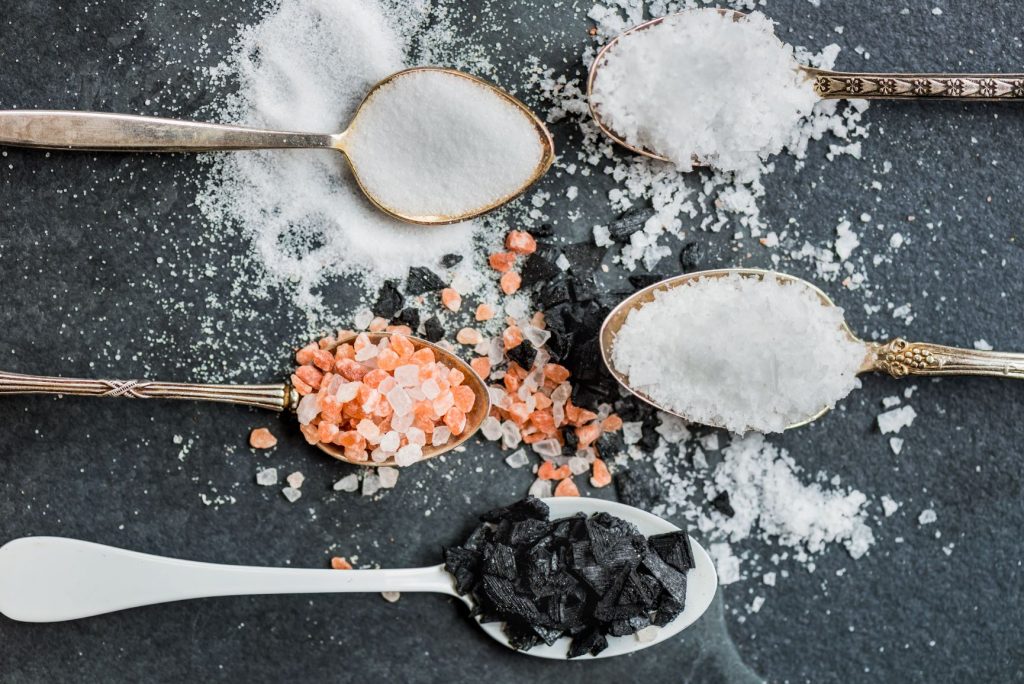
A study by Shufa Du et al has found that sodium intakes remain high, and potassium intakes remain low in China. Authors utilised data on 29,926 adults from the China Health and Nutrition Survey and compared data from 1991 and 2015. Intakes of sodium and potassium from these surveys are estimated from 24-hr diet recalls. […]
No reduction of salt intake in the UK during 2014 to 2018
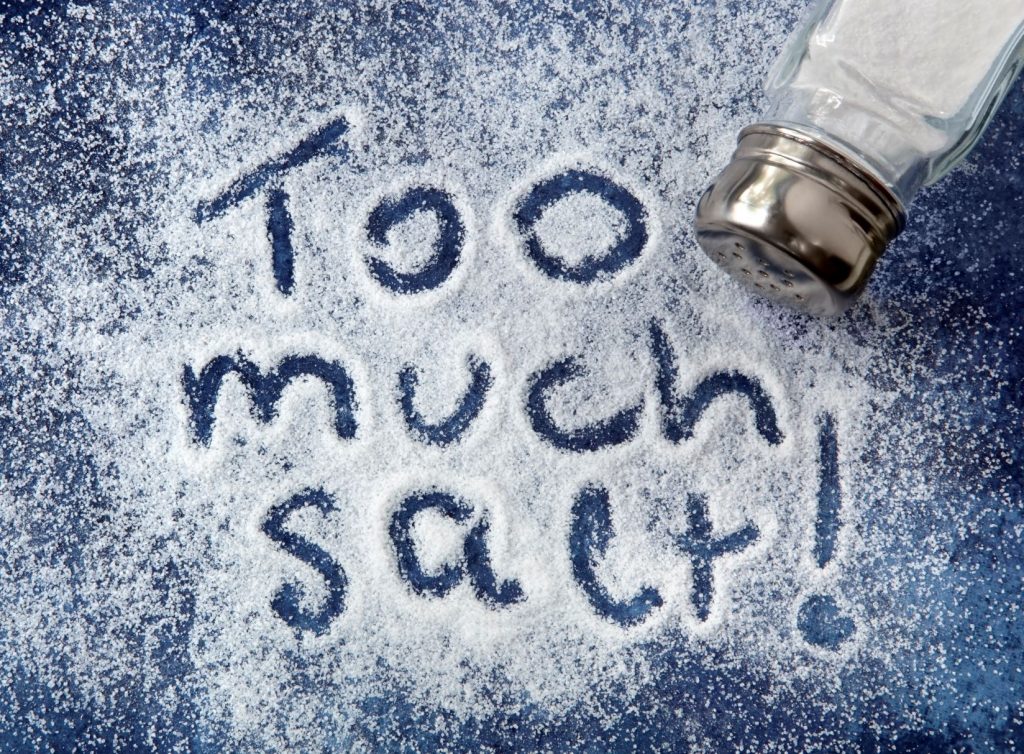
A new report from Public Health England has demonstrated that there has been no further reduction in salt intake in England from 2014 to 2018. Prepared by Robert Ashford et al, the report used the gold standard measurement of 24-hour sodium excretion and showed that the mean salt intake in adults aged 19 to 64 […]
Formative Research to inform a behaviour change Salt Reduction Intervention in India (SRII) Project

The SRII project is a community-based salt reduction behaviour change intervention in India, funded by Resolve To Save Lives. Dr Claire Johnson and Dr Annet Hoek recently travelled to India to support colleagues at The George Institute offices in Hyderabad to undertake formative research activities in Siddipet, Telanagana: a small rural town approximately 2.5 hours’ […]
A Systematic Review and Meta-analysis of Salt Consumption in Latin America and the Caribbean

Published in Nutrients, Carrillo-Larco and Bernabe-Ortiz conducted a systematic review and meta-analysis to estimate sodium and salt consumption in Latin America and the Caribbean. The review included 15 studies for qualitative synthesis and 18 studies for quantitative synthesis. Six studies collected 24 h urine samples while the others collected either 12 h, overnight, or spot […]